Date: 15/03/2024 – 16/03/2024
Part Three conducted a training session over two days in Patna, to generate awareness on the importance of documentation, letter writing and basic criminal procedure, as well as usage of the Scheduled Castes and Scheduled Tribes (Prevention of Atrocities) Act, 1989 given the prevalence of caste atrocities and other identity based violence in Bihar. The training saw attendance from 20-25 participants from across 7 districts (Patna, Vaishali, Buxar, Gaya, Nalanda, Rohtas, West Champaran) and 12 organisations. These participants comprised youth volunteers, activists, members of community based organisations working in Bihar on issues of domestic violence, livelihoods, reach of government entitlements, etc.
The training saw the participants showing the issues faced in their respective communities through a play, followed by a discussion on the stages of a criminal case from the date of filing of the FIR till the date of the judgement from the sessions court. The discussion then moved on to the legal history of the Scheduled Castes and Scheduled Tribes (Prevention of Atrocities) Act, 1989, and the offences covered under the law, the procedure for obtaining compensation and rights of victims and witnesses under the same.
The training also saw attendance from lawyers with experience of litigating PoA cases. As such the session was in a question and answer format where participants could address their queries about the law directly to practitioners and stakeholders within the system. The practising advocates shared important advice on how complaints under the PoA must be drafted to ensure a conviction/ to attract provisions of the PoA in the FIR.
The next day focussed on understanding the role of different stakeholders in the system. Every participant was allotted a role within the criminal justice system, the administration and the village panchayat, for instance, SHO, sarpanch, DM, etc. The moderator played the role of the victim, and the participants were asked to enact their roles while the victim navigated the system, as a way to provoke thoughts on the participant’s understanding of what falls within the authority of their allotted stakeholder.
In order to discuss the importance of documentation, the training also saw a screening of the film Well Done Abba and the value of documentation as well as the usage of the Right to Information Act, 2005 in the movie. Part III team also showed how the participants could easily file an RTI Application on the online portal of the Bihar Government. This was followed by a discussion of applications drafted by the participants themselves.
